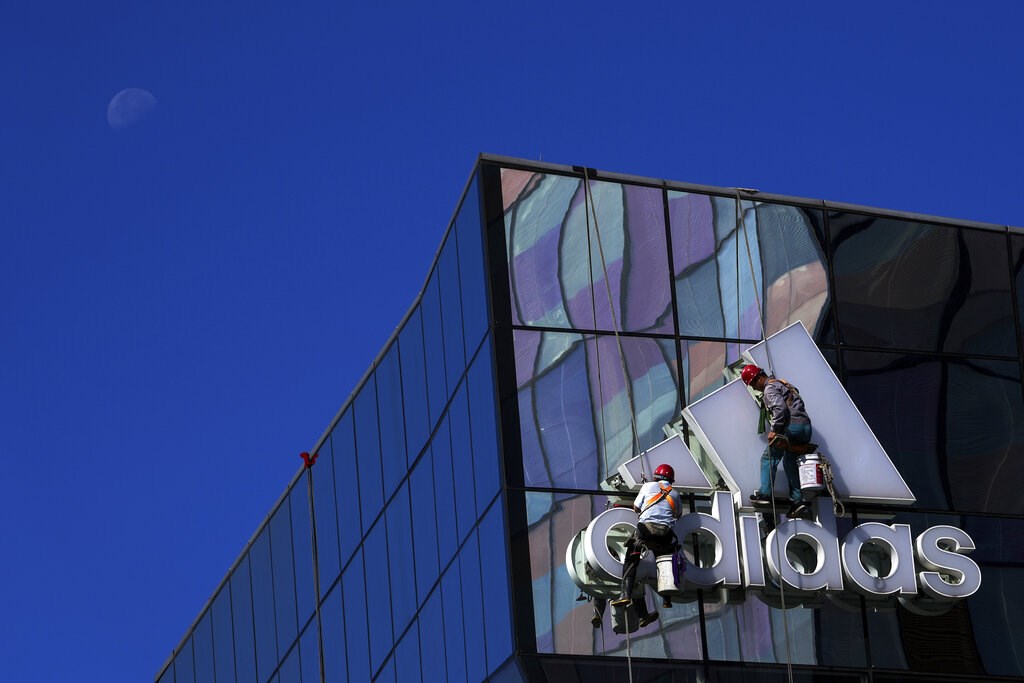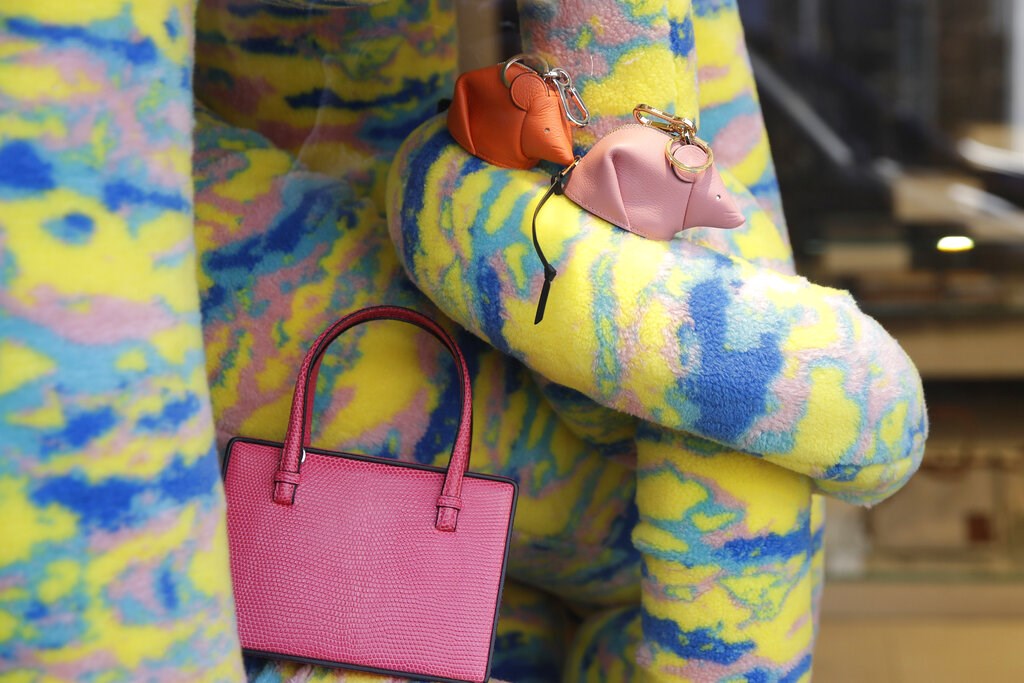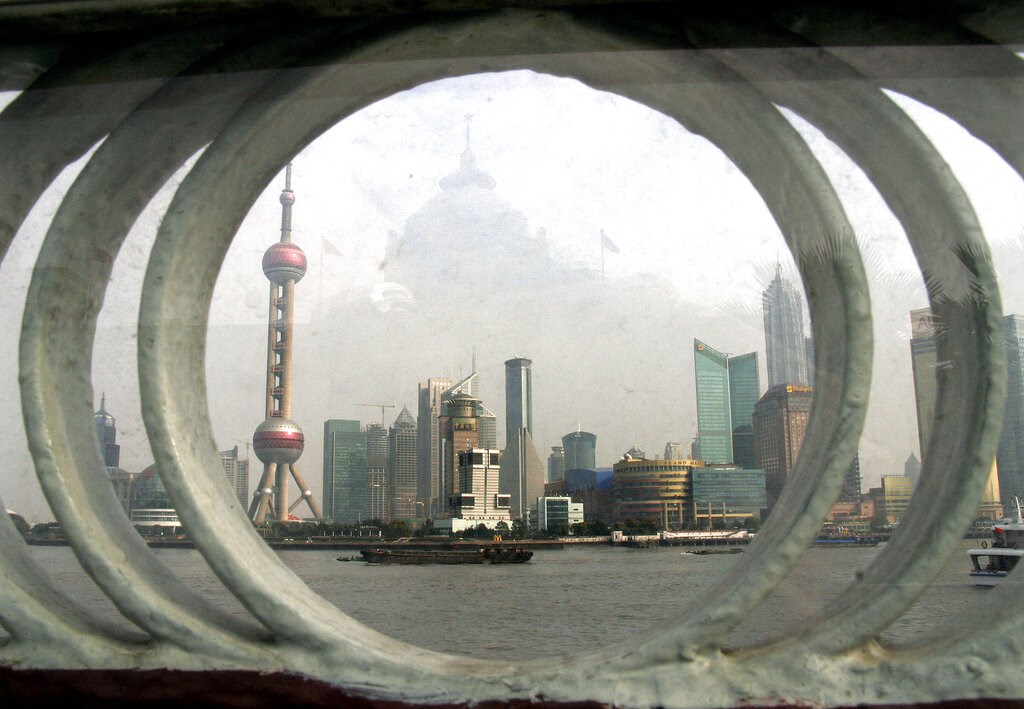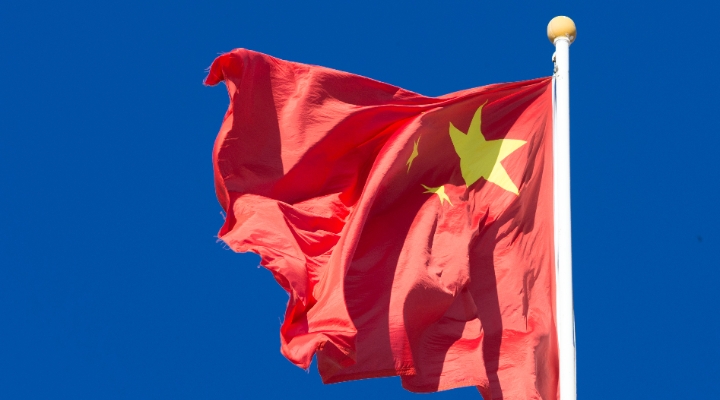
The mainland’s rising middle-income group is deemed a powerhouse of global consumer products. In recent years, equity investors have kept an eye on the premiumization trend in China, which is that consumers pay more for higher-end products. In recent times, a slew of factors have cast doubts on the promising growth. The government has vowed to bring in social equity, and in this pursuit have reset rules operating some of the most profitable businesses in the country. Some luxury brands are likely to feel a blow to their sales. In the mass market, Morningstar analysts find that the China businesses of these three foreign names are being challenged for different reasons.
Adidas (ADDYY)
Adidas’ third-quarter sales missed our analysts’ expectations. The German sportswear brand saw a 11% year-on-year drop in its Greater China sales, well below Morningstar analysts’ estimate of an 11% increase. In the third quarter, the firmwide sales grew 3%, versus Morningstar’s 8% forecast.
“We have less visibility on the situation in China, where the economy seems to have cooled and Adidas continues to suffer consumer backlash related to the controversy over allegations of forced labor,” says David Swartz, equity analyst at Morningstar.
Chinese consumers favor local brands over the foreign ones for sentimental reasons. Ivan Su, who covers Chinese sportswear brands at Morningstar, says: “The preference for homegrown labels was fueled by the Xinjiang cotton incident in early 2021 and the Olympic Games is a continuation of that as consumers find reasons to embrace such brands.”
Su adds that confidence in domestic brands that Chinese consumers are showing has played a large part in forming a new spending pattern and is very favorable to brands like Li Ning (02331) and Anta Sports (02020). One of Adidas’ strong contenders in the activewear space in China is Fila. The ownership of the China business of Fila belongs to Anta Sports.
Adidas is rated 1-star and trading 35% premium to its fair value estimate of EUR 209.
Shiseido (4911)
China was once seen as a growth engine to Japanese brands. But a China strategy can turn into a risk when a firm grows an excessive dependance on it. Growth deceleration in China translated a real impact for Japanese beauty giant Shiseido’sthird-quarter earnings, as the inherent risk stemming from a China-centered business finally surfaced.
The cosmetic brand saw China sales growing 2%, (excluding the personal care assets divestiture and foreign exchange impacts) between July and September 2021. Compared to the 30%-plus growth achieved during the first half, the quarterly growth significantly contracted. Jeanie Chen, equity analyst, says: “While management cited temporary setbacks, including a surge in COVID-19 cases and floods during the season, we reckon a decreased net wealth effect caused by a house price correction has depressed consumption.”
Chen thinks Shiseido’s heavy dependence on China magnifies its underperformance relative to its global peers. “[Shiseido’s weak performance] echoes our concern that [the business strategy] heightens its profit volatility and our thesis that building a diversified brand portfolio and geographic presence is crucial to sustain Shishido’s long-term growth.” In contrast, following a reopening, the western markets, in which Shiseido has relatively smaller footprint, experienced a robust rebound in makeup and fragrance products as well as travel retail. Morningstar views shares in Shiseido as being overvalued, trading at a 10% premium to our fair value estimate.
Yakult Honsha (2267)
Another Japanese company, probiotic beverage maker Yakult Honsha also hinges on its sales growth in China, which serves as a key swing factor to its share performance. According to Chen’s calculations, Yakult’s preliminary sales report indicates that volume fell 2.2% in China during the third quarter.
Chen continues: “Apart from the power shortage, rising COVID-19 cases also weighed on sales from August. Management was aiming to restore second-half volume to the prepandemic level, which looks challenging given low seasonal volume of the fourth quarter.”
The narrow-moat company has a strong R&D capability, with a pending launch of premium Yakult 1000. However, the launch, which sets to be a future growth engine, is like after 2023 in China when the new factory commences operations.
Despite a dented quarterly sales, Chen has conviction that the newly researched probiotic milk product has potential to gain traction with China’s urban consumers or consumers in developed economies as poor sleep quality caused by stress is becoming a health issue for many high-income earners. The stock is currenting rated 4 stars and priced 15% under its fair value estimate.












.png)





.jpg)





